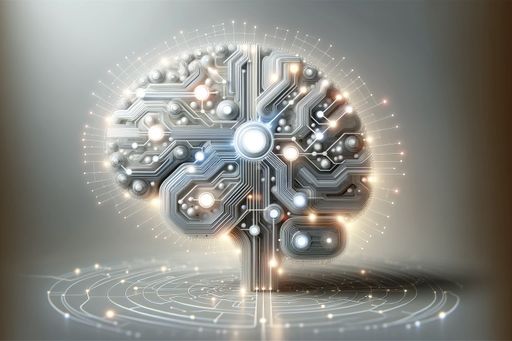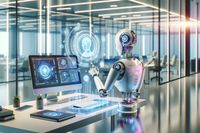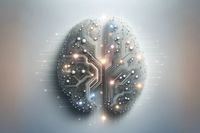AI’s Impact on Job Security: Which Sectors Are Benefiting the Most
Learn about the sectors that have benefited the most from artificial intelligence (AI) as job security remains a vital concern.

Labor-Intensive and High-Trust Jobs Show Greatest Resistance to AI
Experts agree that labor-intensive and 'high-trust' jobs will be the most resistant to AI integration. These types of jobs require human-to-human interaction and intuition, which are skills that AI has yet to fully replicate. While AI has shown great potential in computational and rote tasks, it still lacks the expertise needed for these types of jobs.
Reema Khan, founder and CEO at Green Sands Equity, believes that any industry with large amounts of data that needs to be indexed and processed quickly is ripe for AI integration. For example, technology companies can greatly benefit from using AI as an AI co-pilot can write thousands of lines of code and increase a software engineer’s productivity.
However, job security remains a significant concern for many as AI continues to be adopted in various industries. People worry about the possibility of their positions becoming redundant due to AI integration. Although AI has been in development for over half a decade, last year marked the widest application and awareness of this technology.
AI's Impact on Customer Support and the Tech Industry
Customer support across multiple industries has quickly shifted towards AI. Companies like Klarna have claimed that their AI assistants have been able to cover the work of hundreds of laid-off employees. For example, Klarna's AI assistant handled 'two-thirds' of customer chats, totaling 2.3 million conversations so far.
According to analysis from McKinsey & Co., most industries have attempted to utilize AI technology to some extent. Tech, media, and telecom companies are the most likely to regularly integrate AI for both work and personal use. On the other hand, energy and materials companies have shown the most resistance to AI adoption, while consumer goods and retail have made the fewest attempts to integrate AI.
The trend of AI integration is unlikely to change, as AI continues to excel in computational or rote tasks but still lags behind in tasks that require human-to-human interaction and intuition. It is predicted that humans will maintain their differentiation in these areas compared to AI.
Industries Resistant to Early AI Adoption
Industries that heavily rely on high-trust, in-person relationships and strong regulations or distribution gatekeepers have shown greater resistance to AI adoption. These industries include home maintenance, construction, and other blue-collar service-oriented roles that require a remote and distributed workforce.
On the other hand, consumer apps have been greatly impacted by AI, with voice assistants, spam filters, and face recognition becoming commonplace. Ed Watal, an AI thought leader and tech investor, believes that board and C-level personnel in organizations are becoming more aware of the potential benefits and risks of not being early adopters of new technologies.
While some industries have experienced significant job layoffs, it is challenging to determine if these losses are directly caused by AI adoption. The overall decline in the number of employed people since 2021 also plays a role in job losses. Industries such as mining and logging have been the most affected, while education and health services have seen the greatest increase in jobs.


